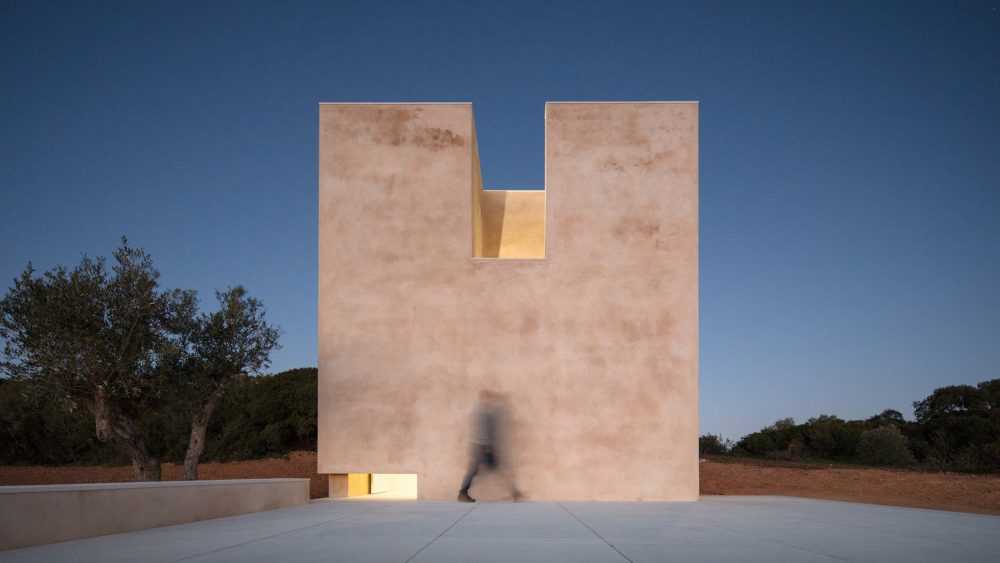Rev. José Mario O. Mandía
jmom.honlam.org
WHERE TO PRAY
This is what the CCCC (566) has to say: “One can pray anywhere but the choice of an appropriate place is not a matter of indifference when it comes to prayer. The church is the proper place for liturgical prayer and Eucharistic adoration. Other places also help one to pray, such as a ‘prayer corner’ at home, a monastery or a shrine.”
Our Lord Jesus Christ advised his followers: “And when you pray, you must not be like the hypocrites; for they love to stand and pray in the synagogues and at the street corners, that they may be seen by men. Truly, I say to you, they have received their reward. But when you pray, go into your room and shut the door and pray to your Father who is in secret; and your Father who sees in secret will reward you” (Matthew 6:5-6).
The “room” that our Lord speaks about does not have to be a physical room. What He really wants us to do is to retreat into the silence of our heart, where we can be alone with God (cf. CCC 2710). We can “gather” all our senses – both external (especially sight and hearing) and internal (imagination and memory) – together with our mind and our will, and thus shut out everything else. We can do this even when we are in the middle of the street, on the train or the bus, when in the marketplace or in our place of work. Any place can become a place of prayer, as long as we know how to recollect ourselves.
Saint Josemaría Escrivá teaches us in his homily “Passionately Loving the World”: “Everyday life is the true setting for your lives as Christians. Your ordinary contact with God takes place where your fellow men, your yearnings, your work and your affections are. There you have your daily encounter with Christ. It is in the midst of the most material things of the earth that we must sanctify ourselves, serving God and all mankind.”
WHEN TO PRAY
The CCCC (567) says: “Any time is suitable for prayer but the Church proposes to the faithful certain rhythms of praying intended to nourish continual prayer: morning and evening prayer, prayer before and after meals, the Liturgy of the Hours, Sunday Eucharist, the Rosary, and feasts of the liturgical year. ‘We must remember God more often than we draw breath’ (Saint Gregory of Nazianzus).”
Jesus taught us that it is not only possible but necessary to pray always (cf. Luke 18:1) and gave us so many examples (cf. CCCC 542).
The CCCC (576) quotes Saint John Chrysostom, who said: “It is possible to offer frequent and fervent prayer even at the marketplace or strolling alone. It is possible also in your place of business, while buying or selling, or even while cooking.”
We are like electrical gadgets that need to be plugged to the source of electricity to function. Even those that may have batteries will still need to recharge now and then, because one cannot run forever on reserves. Prayer is the “contact point” that makes it possible for us to receive power from on high.
Furthermore, CCC 2710 tells us: “The choice of the time and duration of the prayer arises from a determined will, revealing the secrets of the heart. One does not undertake contemplative prayer only when one has the time: one makes time for the Lord, with the firm determination not to give up, no matter what trials and dryness one may encounter.” Alas, many wills are not so determined! Which is why so little time is ever made for the Lord.
By making time for the Lord, we express in a very specific way the fact that we are His subjects and He is truly Lord for us. Imagine if a chauffeur were to tell his employer that he will drive for him only when he (the chauffeur) feels like it! When a person depends solely on his feelings, he is not serving God. He is only serving himself.


 Follow
Follow


